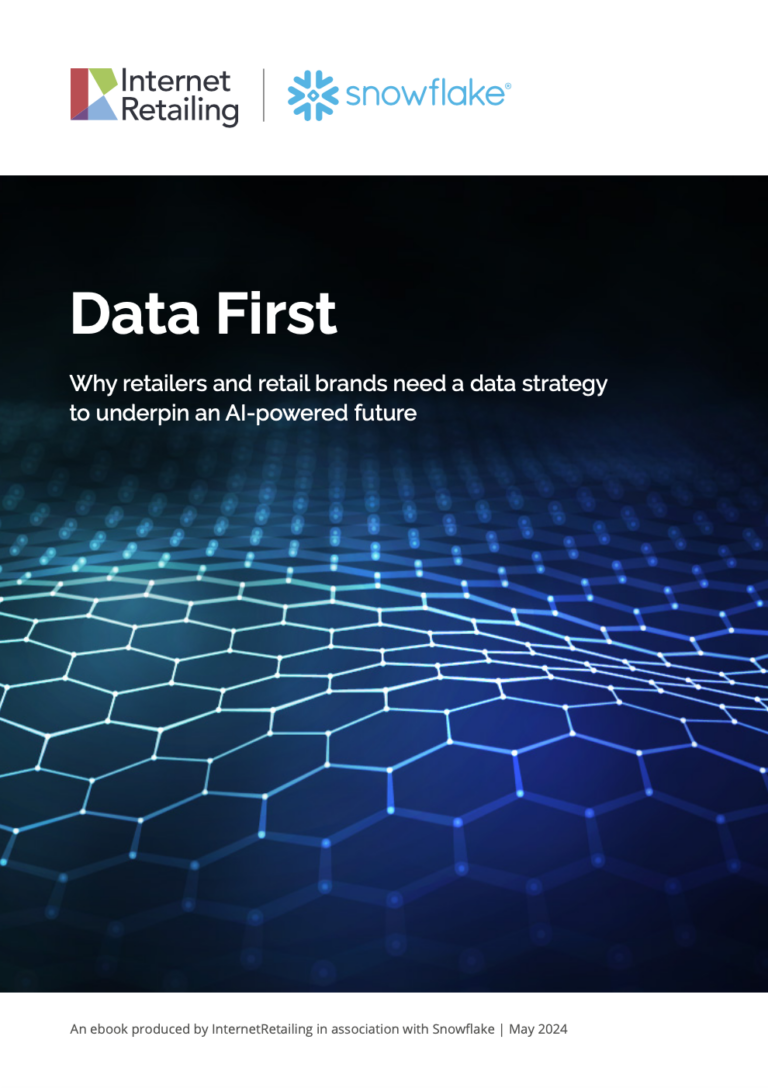The rapidly igniting m-payments market has taken a dramatic twist with the surprise announcement that soon consumers will be able to pay for real world goods using their mobile phone bill.
Carrier billing, as the technology is known, has been with us for digital goods for many years, but a deal announced today between payment service provide Boku and a number of leading Mobile Network Operators (MNOs) across Europe is set to see it transform how mobile can be used to pay for goods.
Prior to this initiative, carrier billing in Europe has operated under an exemption to the European Union’s Payment Services Directive (PSD), which was originally designed to facilitate the purchase of mobile wallpapers and ringtones and limited carrier billing purchases to digital content.
In the new configuration, Boku plays the role of the e-Money issuer (EMI), which is one of the entity types that can provide payment services under the jurisdiction of the PSD. In the new model, Boku bears responsibility to ensuring compliance with the requirements of PSD.
Limits imposed by PhonepayPlus – the body which regulates phone-paid services in the UK – no longer apply, so these limits are individually negotiated with carriers. “That said, for now we are sticking with the industry standard limits in the UK of £30/transaction £200/month, though this may be changed over time,” says Jon Prideaux, CEO of Boku.
Boku is partnering with O2, EE, and Vodafone in the UK, with plans to extend the solution to other major MNOs. Partners selling magazines and bus tickets have already signed up to use the Boku e-Money solution and the programme will soon be extended to a range of real world goods and services.
In the near term, the maximum price point limits and maximum monthly purchase limits do place some constraints on the types of goods that can be purchased, warns Boku, so don’t expect cars to be purchased using carrier billing anytime soon. With that said, there are a whole range of physical goods and services that are now in play, such as car parking, vending, ticketing for bus, trains and movies, and food pre-ordering. Boku expects the limits to change over time, making it possible for consumers to purchase even more types of physical goods and services.
The service is already live, with publishers and merchants such as IPC Media are using the new product to sell magazine subscriptions using e-Money direct carrier billing (eDCB). Customers of Corethree, who develops m-ticketing solutions for bus operators in the UK, will also be using the new product.
“Up to now buying stuff and charging it to your phone bill has been restricted, limited to digital goods and operating in a regulatory framework designed years ago to handle ringtone downloads,” says Prideaux. “We are now entering a new era for carrier billing. Boku has re-invented carrier billing as a mainstream payment method.”
“As an authorised e-money issuer, regulated by the Financial Conduct Authority, Boku enables consumers to make purchases quickly and simply,” he continues. “Merchants who allow their customers to charge things to their phone bill sell more. Mobile Network Operators can offer an improved experience to their subscribers, with Boku bearing responsibility for the entire compliance envelope.”
Prideaux concludes: “We will market to retailers directly. Through a single connection to Boku’s platform, retailers can connect to MNO subscribers in the UK (in the near term) and to MNO subscribers in other parts of Europe (over time). For transactions made using carrier billing, Boku gets paid via operators and, in turn, pays the retailers.”









